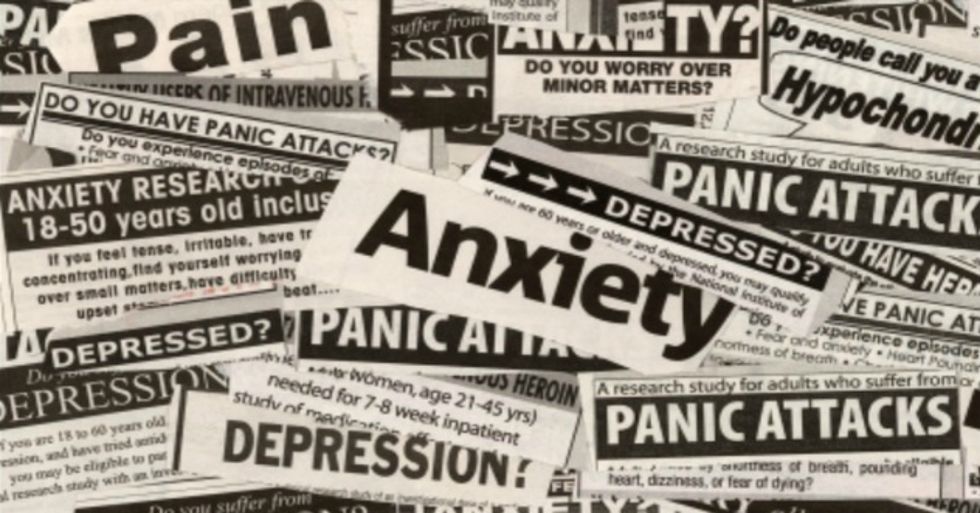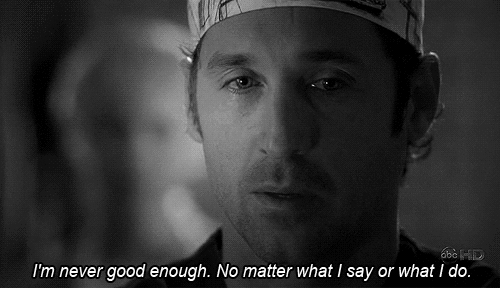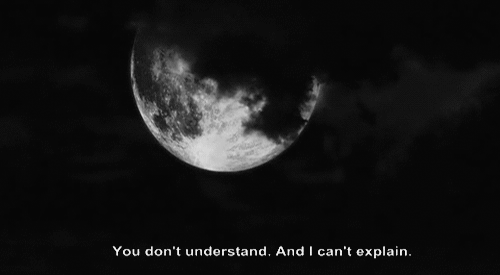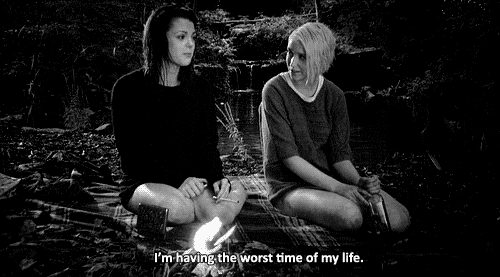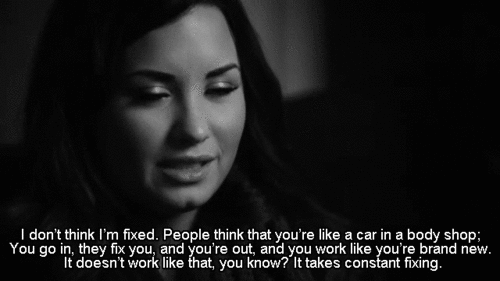Dealing with mental illness is indeed, a struggle. Although, society thinks that mental illness is just "all in your head" and "eventually you'll get better," it's not always that simple. In fact, it can be draining just even thinking about getting up out of bed in the morning or it can be nerve-wracking to do simple tasks such as driving or interacting with others. Having a mental illness can even go as far as affecting relationships with other people and at times, it could even make the person who has a mental illness feel worse about themselves. As someone who has a mental illness, I can personally vouch for it. It sucks being "fine" one moment and the next, I feel that the whole world is against me. It doesn't mean that I'm weak, but it does mean that my hyper vigilance about the world can be exhausting and most of the time, frustrating. It also means, that with each time I encounter an obstacle due to my mental illness, I can power through it even if it seems impossible at first.
1. Always having to hear the same phrases, "You'll be OK," "Calm down," "It's all in your head," "You're overreacting."
We get that you're trying to help, but those phrases aren't so helpful for us because sometimes, our mind is going a mile a minute at the time. Try to find some alternatives to help your loved ones who deal with mental illness.
2. Constantly re-evaluating and second guessing.
"I probably shouldn't have said that," "Maybe I should redo this," "Maybe I won't go," are some common phrases used when dealing with a mental illness and going through that self-doubt.
3. Constantly checking text messages or re-reading them.
Face it, many of us are guilty of doing this, but those who have mental illnesses will check their messages a little more frequently and at times, they're triple checking just to make sure they got out the message they relayed.
4. Feeling like people are out to get you.
Even the simplest criticism can get someone with a mental illness to re-evaluate what they said or did. It eats at their self-doubt a little more, it makes them worry about whether or not they mess up again. It can be extremely difficult, especially in the workplace or in the academic field to cope with.
5. Having a hiding spot to calm yourself down.
Whether it's the closet, your car, your bedroom, or your bathroom, there are times where we have to find a spot to calm ourselves down where no one can see us have "that moment" to ourselves.
6. Not being able to trust people.
Sometimes mental illness can wear a person down so much, they feel that they have no one to go to. At times, there might need to be some seclusion from the world due to that lack of trust.
7. Having a person or small group of people to talk to.
This is a no-brainer, but at times, it can be hard to achieve. Finding a group of people or a person to sit and talk to may not be the easiest to find especially with that mental illness just eating away at us. It takes a lot of courage to sit down and talk to someone about what's going on, but, it's usually worth it.
8. Realizing that a lot of people might not understand.
It's not the best feeling encountering people that don't understand the effects of mental illness on a person. They may try to bring you down or they might attempt to romanticize it. These are the people you'll wind up encountering whether it's a friend or family member and yes, it will hurt.
9. Doing research about your mental illness.
I'm not talking about visiting WebMD and self-diagnosing, but more of knowing about your mental illness and learning more about what you can do to combat it. Whether it's self-help websites with helpful information or even reading and participating in forums with people who have the same mental illness.
10. Realizing that at the end of the day, you are not your mental illness.
Having a mental illness is difficult, painful, and frustrating, but realizing that we are more than what we suffer from is the first step into battling and coping with our mental illness.



